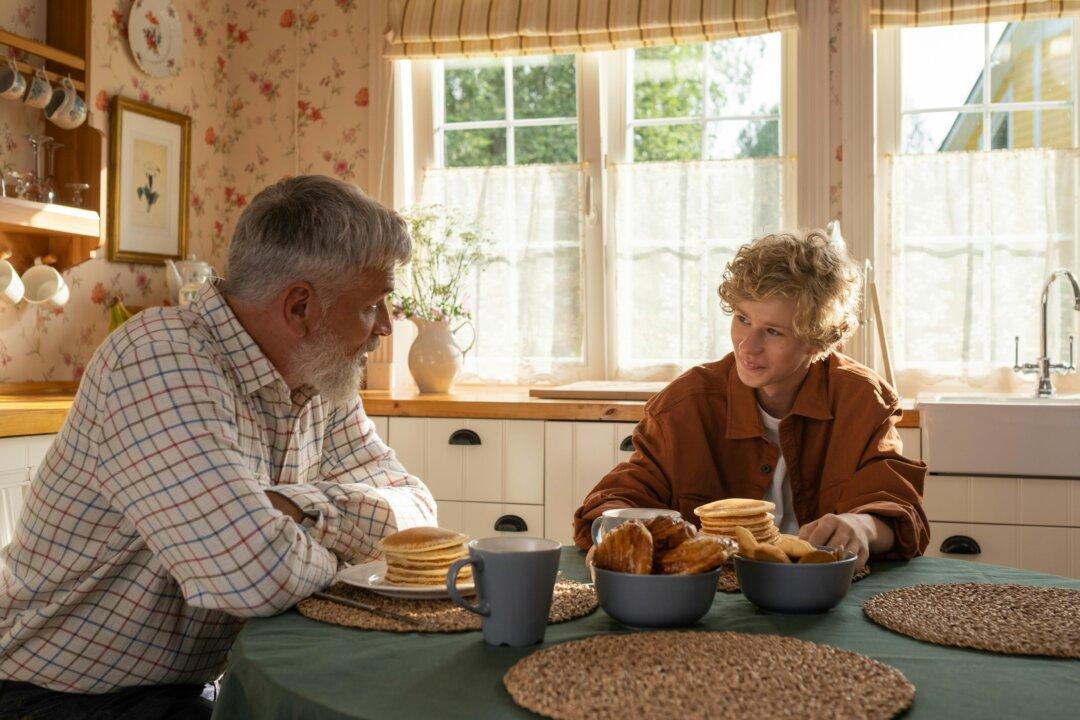Learn to know yourself.
For myself, I learned that if I worked and took some college classes, one of them would suffer. I took a couple of night classes while working, but didn’t do well because I wanted to work. So I realized that to do justice to them, I had to do one or the other. I arranged to attend college full-time to avoid the conflict. The lost income made it very expensive, but it motivated me to do better in my studies and to take advantage of the opportunity to learn.


